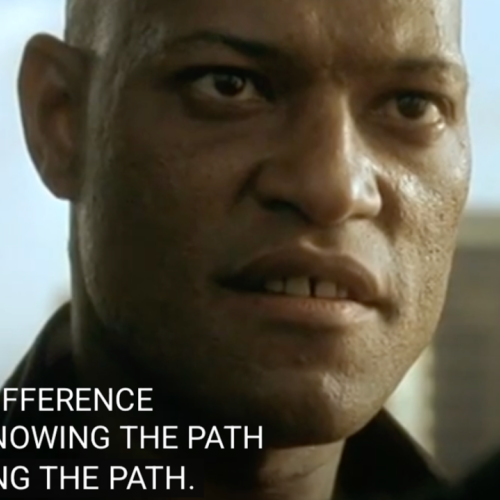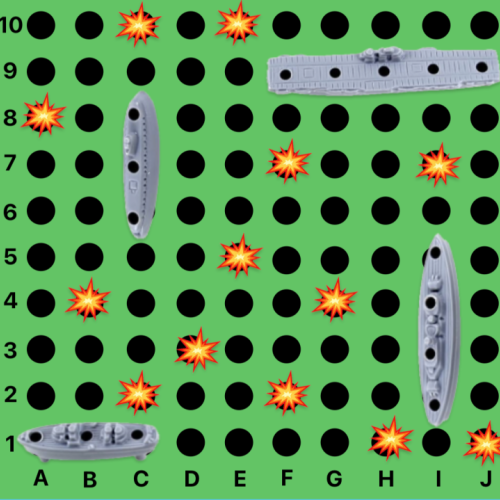The shortcut to generating better rapport? Asking meaningful questions
Reciprocity
In relationships, reciprocity is the mutually beneficial exchange of care, support, and affection, creating a balanced give-and-take between partners. This equal exchange fosters trust, intimacy, and a healthy partnership where both individuals feel valued and cared for, rather than one person giving significantly more than the other.
Rapport
A close and harmonious relationship in which the people or groups concerned understand each other's feelings or ideas and communicate well.
Psychological research shows that self-disclosure, the sharing of personal experiences, thoughts, or emotions can quickly foster closeness between people. The “fast friends” procedure has demonstrated that structured, meaningful questions create stronger bonds than just engaging in small talk. Participants in experiments often reported a sense of intimacy with strangers after less than an hour of guided self-disclosure, a level of closeness comparable to involvement in long-standing relationships.
The “fast friends” technique is a structured procedure designed to generate interpersonal closeness in a short period via incremental, reciprocal self-disclosure. It was developed by Arthur Aron et al. (1997). Pairs of individuals answer a series of questions that gradually move from superficial to increasingly personal. As they share more intimate thoughts, feelings, and experiences, subjects report larger gains in feelings of closeness with each other.
Scientific underpinning:
Social Penetration Theory holds that relationships develop through layers of disclosure, growing in depth and breadth over time.
Empirical studies find that groups using fast-friends questions show significantly higher closeness scores than control groups engaged in small talk or superficial interaction. For instance, in one study, pairs asking deep self-disclosure questions rated their closeness around “4” (on a scale) while small-talk pairs rated around “3.”
Additional studies (e.g. by Sprecher) repeated the comparison with small-talk tasks and similarly found the fast friend's method produces stronger affiliative outcomes.
In contrast, small talk helps reduce tension but does not trigger the same level of emotional openness or bonding. Its more superficial content limits trust, vulnerability, and mutual disclosure, which are key levers for closeness under the fast friend's protocol.
In investigative interviews, rapport is a cornerstone of effective information gathering. While the dynamics differ from voluntary friendship formation—authority, stress, and legal implications complicate the interaction, the underlying principle remains people are more likely to engage openly when they feel understood, respected, and connected. The interviewer’s task is to adapt self-disclosure techniques in ways that build trust without manipulation or overstepping professional boundaries.
Unlike social settings, investigators must balance rapport-building with objectivity and procedural fairness. Over-disclosure by the interviewer may appear unprofessional, while overly personal questions may be inappropriate or coercive. However, carefully structured “fast friends–style” questions can help ease tension, humanize the interaction, and encourage fuller accounts.
Research links self-disclosure to activation of the brain’s opioid system, generating positive feelings and social bonding. In interviews, this can translate into a subject experiencing less defensiveness and more willingness to talk. However, caution is essential: the authority imbalance in police contexts means that rapport-building must never cross into suggestibility or manipulation. Ethical interviewing frameworks, such as PEACE, emphasize transparency and fairness alongside rapport.
The “fast friends” principle highlights the value of meaningful, respectful questions in fostering closeness. In investigative interviews, when carefully adapted, it can support rapport by encouraging witnesses or suspects to share fuller accounts. Success depends on striking a balance: creating human connections without compromising neutrality, fairness, or legal integrity.
In investigative interviewing, establishing a shared reality with the interviewee produces measurable benefits. When interviewer and subject align in their understanding, their cognitive and emotional processes synchronize, leading to smoother interaction, reduced stress, and greater trust. This alignment enhances rapport and increases the likelihood of accurate, detailed accounts.
Much of this synchronization takes place within the default mode network (DMN), which integrates new information with existing memories, schemas, and expectations. When interviewer and interviewee show similar neural activity in the DMN, they are likely interpreting events in comparable ways. This shared interpretive framework makes communication clearer and more cooperative.
Application to Interviewing
- Overcoming barriers: Preconceptions based on background, education, or profession can distort rapport. Investigators should focus less on outward profiles and more on uncovering the individual’s unique thoughts and feelings.
- Building alignment: Shared reality arises not from assumptions, but from reciprocal disclosure—interviewers must encourage subjects to reveal their internal perspectives while being transparent about the interview process.
- Rapport as leverage: Once shared reality is established, the interviewee feels less threatened, more understood, and more willing to provide accurate, detailed recall. Stress reduction also reduces defensive or resistant behaviors.
- Investigative outcome: By fostering synchronization, interviewers can obtain more reliable testimony, manage resistance effectively, and improve both the quality and quantity of investigative information.


